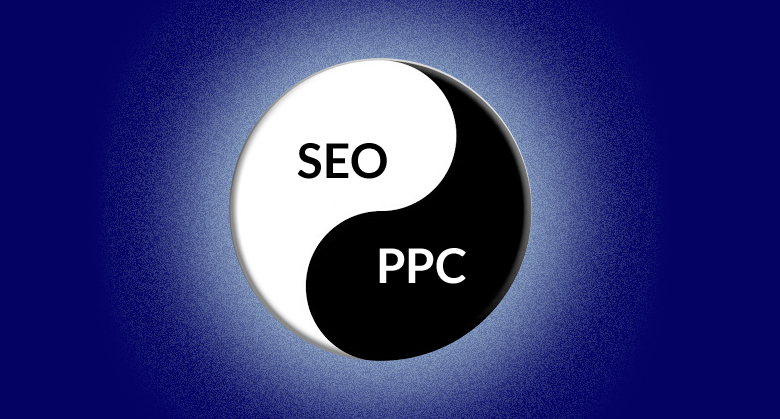Just recently, a friend of mine approached me about his dealership and how they had a consultant (SEO guru), do an SEO analysis of his site. He was concerned that he may be losing money on keyword selection based on the analysis. As I explained to him, there is some confusion out there regarding the entire Google platform and that having a balance of both high-level SEO, and an optimized PPC campaign is the ideal. I also explained that you only get charged by clicks, not keyword choices (lol)
Let’s cover SEO first. SEO stands for “search engine optimization” which is a practice that makes sure that your website follows all of the necessary rules of engagement to make it easy to rank as organically high on the search engine results pages (SERPs) as possible. It includes having good content in the form of copy, pictures, and video. All material should be relevant to the subject matter and have keywords and key phrases as an essential part of the site copy.
People search for websites by typing into the Google search engine exact or broadly matched keywords and phrases. Your site should have those keywords and phrases. The structure of the website is crucial as is the loading time and the ease of navigation. Those are technical issues that help to make the user experience a pleasant one, but it doesn’t stop there.
Offsite SEO is still a huge part of the overall SEO mix. Having other high-quality sites backlink to your website is the water that lifts the ice cube to the top of the glass so to speak. Having your dealership properly listed via all of the 300+ indexing sites and the 4 main data companies means that people will know your company name, address, hours of operation, and telephone number. To have incorrect info strewn about the internet will definitely hurt your chances of getting highly-ranked. It will hurt your overall “Quality Score” which is essentially what Google uses to rank you in the search engine.
What is the “Quality Score”? Quality Score is Google’s rating of the quality and relevance of both your keywords and PPC ads. It is used to determine your cost per click (CPC) and multiplied by your maximum bid to determine your ad rank in the ad auction process. Your Quality Score depends on multiple factors, including:
1) Your click-through rate (CTR) (PPC)
2) The relevance of each keyword to its ad group (PPC)
3) Landing page quality and relevance (SEO)
4) The relevance of your ad text (PPC & SEO)
5) Your historical AdWords account performance (PPC)
As you can see, there is a mix of PPC and SEO involved in optimizing a Quality Score which essentially determines where your stores website is going to show up in a typical search operation. Great SEO alone can get you on to the first page of search, but unless you are well-branded, your position may vary from near the top, to not on the page at all. The leads you get from great organic (unpaid) placement are basically free and are high quality. However, to get into the top position and get the most clicks possible, and the best clicks according to numerous studies, you have to pay for placement.
PPC guarantees a first page presence. The cost of that presence is based on the quality of the website’s SEO execution. The ads in the pay per click campaign have to be compelling enough to get a good click through rate, but the words and phrasing used in each ad must also match those keywords and phrases (long tail search terms) on the website pages they are linked to. The better the execution and matching of verbiage in ads and on the site, the better your organic ranking, and the cheaper you clicks will be. It’s a seriously incestuous relation ship.
Google really has it figured out. It used to be that Google had two columns on every search results page. The left column had the organic listings (best SEO executions and/or brand names). People used to click at an 8:1 ratio favoring the organic or “free” listings over the listings in the right column which were all paid for. Google then eliminated the two column design and started putting PPC campaign ads on top of each SERP which now has only one column combining paid and free results. This cut down the ratio that favored free search results and increased Google’s click revenue.
The point is, having as much visibility as possible in any search operation is crucial. It’s termed “page dominance”. In my estimation, the companies that do both well, win. The companies that only do PPC, run inefficient, expensive campaigns. The companies that ignore PPC, are likely too budget-conscious to compete and suffer with inconsistent visibility. Those who combine Google Best Practices, and optimize both SEO as well as their PPC campaigns, dominate their competition.
I hope this helps clarify the decade-old question of how SEO and PPC affect one and other, and how using both to your advantage is the best way to the top of the mountain.
Kelly Kleinman
Automotive News Car Dealerships Can Really Use


